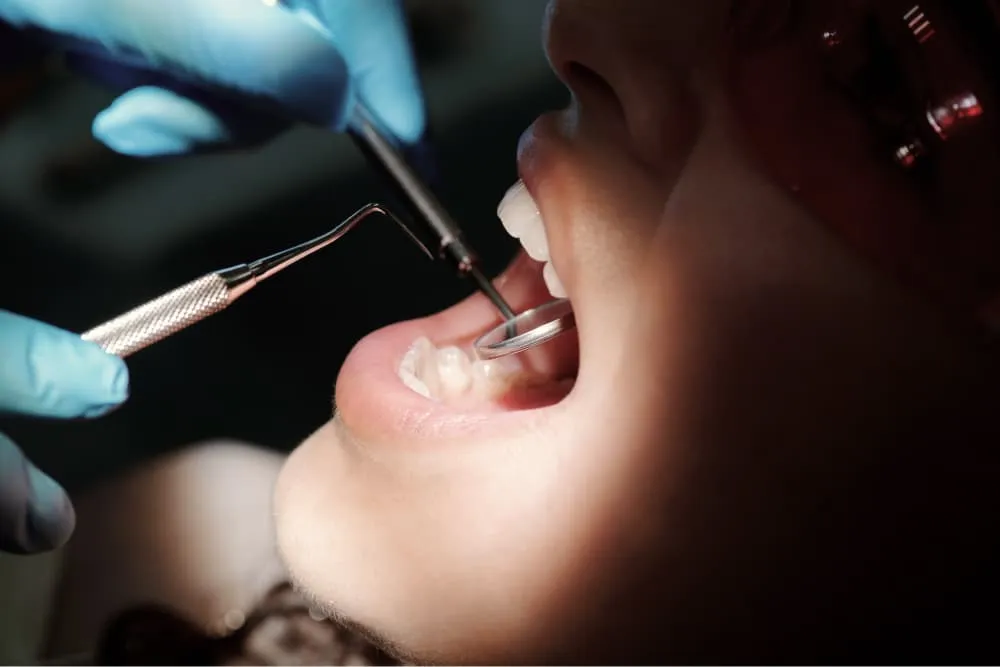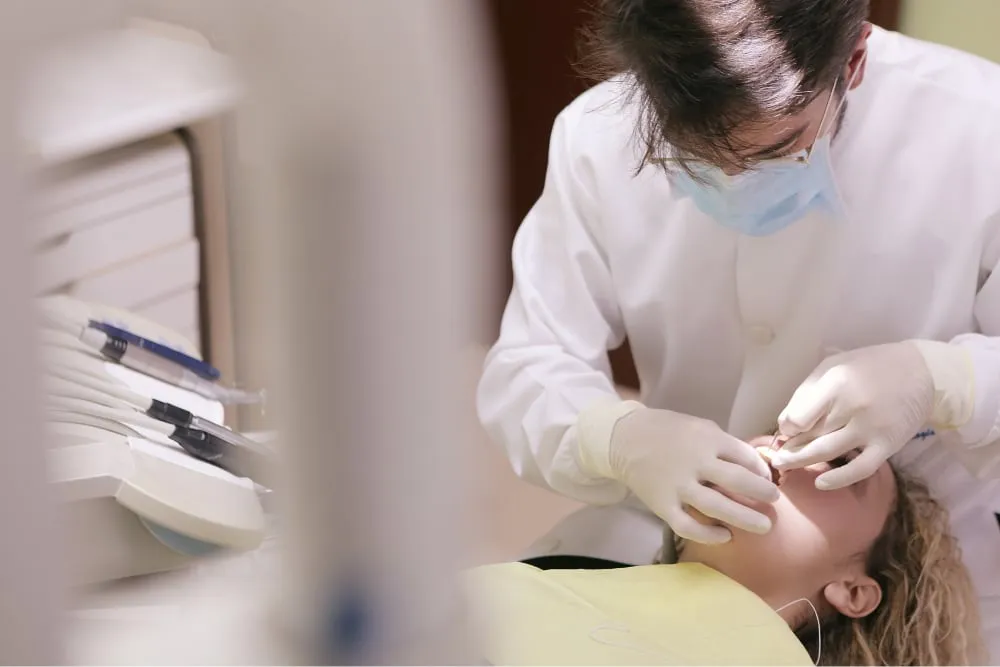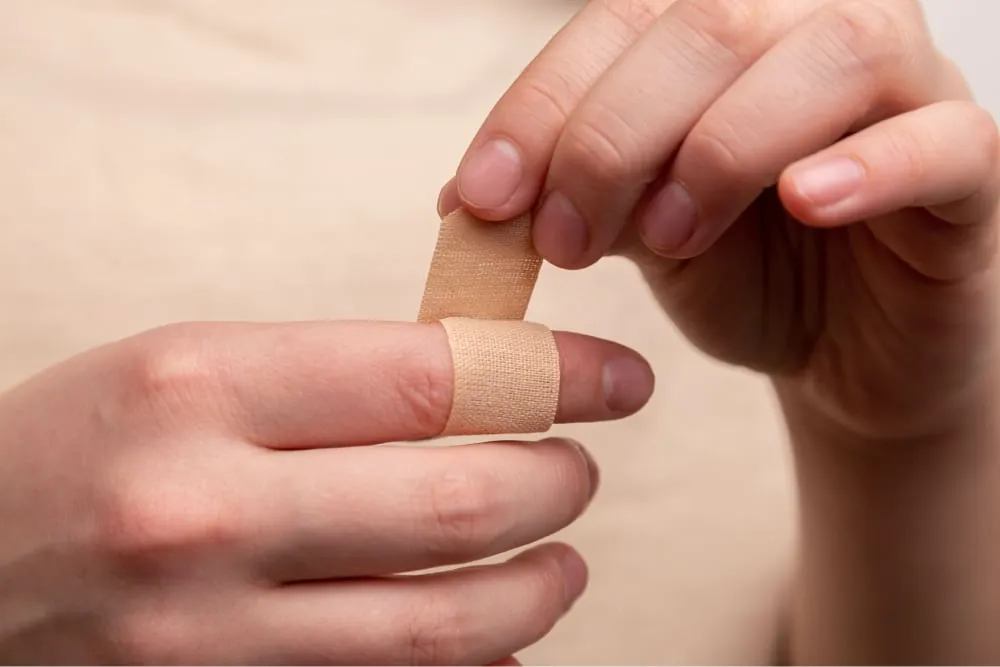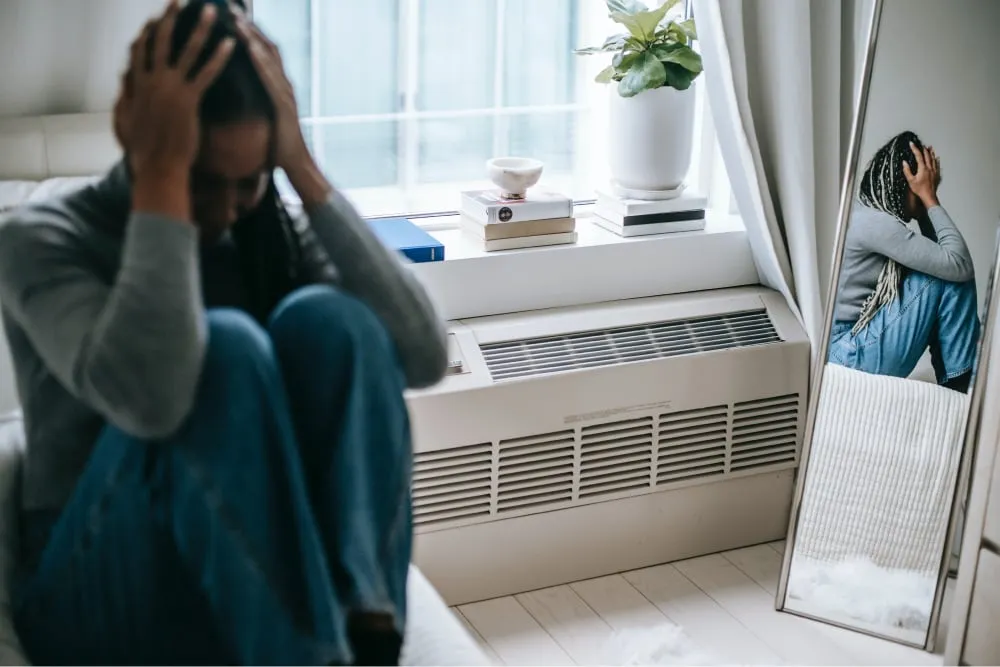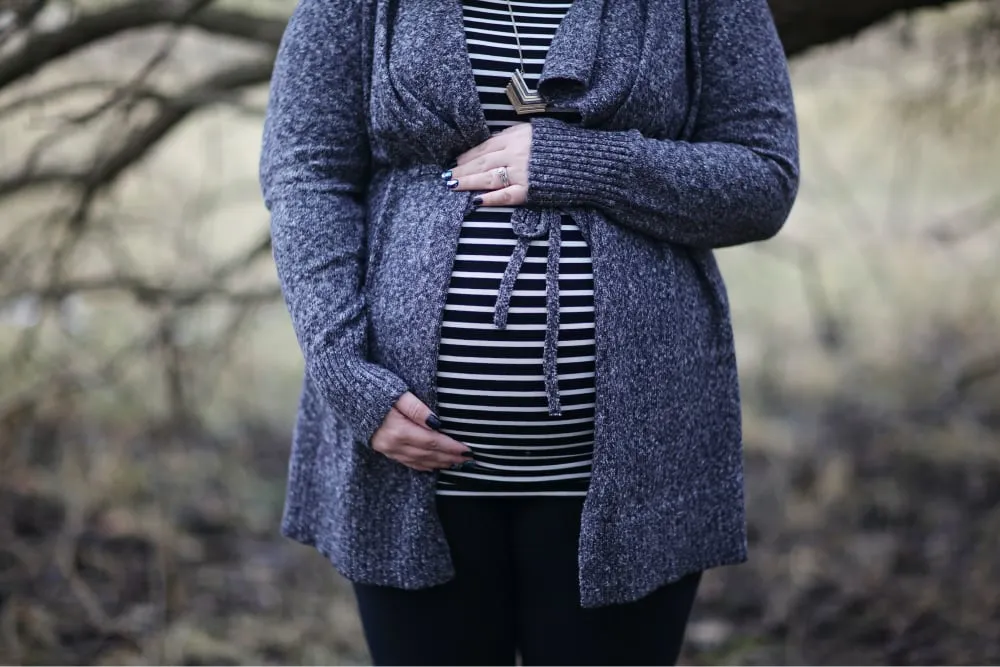Can bulimia hearing loss occur?
In short, yes, bulimia nervosa can lead to hearing loss. Bulimia nervosa is an eating disorder that is associated with eating large amounts of food, followed by self-induced purging by vomiting, exercising excessively, or using laxatives or diuretics. Bulimia can cause serious damage to many parts of the body, including the ears and auditory system.
In fact, no body system is spared from the adverse problems that occur in both anorexia nervosa (AN) and bulimia nervosa (BN), especially as these become more severe and chronic. (1) These adverse side effects are experienced not only in the auditory system, but also in other bodily systems, like the digestive system. The effects bulimia nervosa has on the body, and brain are expansive when left untreated.
How does bulimia affect your ears and auditory system?
We know that bulimia can affect every system in the body, but what is the specific connection between bulimia and hearing loss? There are two possible causes:
1. Nutrient deficiencies
Many of the physical and psychological effects of bulimia are caused by partial starvation and the chaotic nutritional cycle. That’s why correcting nutritional deficiencies and abnormal eating patterns is a critical focus early in the treatment process. (2)
2. Electrolyte imbalances
Magnesium is an electrolyte in the body and nutrient in some foods that can protect against damage to cilia and blood vessels in the cochlea, which are key parts of the auditory system. When the body doesn’t get enough magnesium from food eaten to prevent damage to these parts that loud noises can cause, this can result in hearing loss. (3)
Is hearing loss from bulimia reversible?
Eating disorders are very serious, complex mental health disorders that can cause a broad range of medical problems to all systems in the body. But with the right treatment, most damage done to the body is reversible, including hearing loss. Especially if signs and symptoms are caught early. That’s why it’s critical to seek help as soon as possible. If you suspect you or someone you love may have bulimia or another eating disorder, don’t delay reaching out for help.








